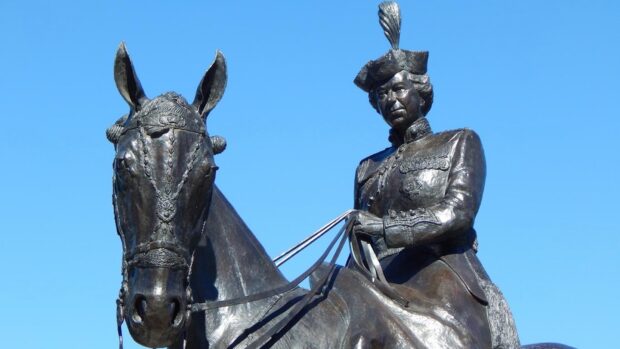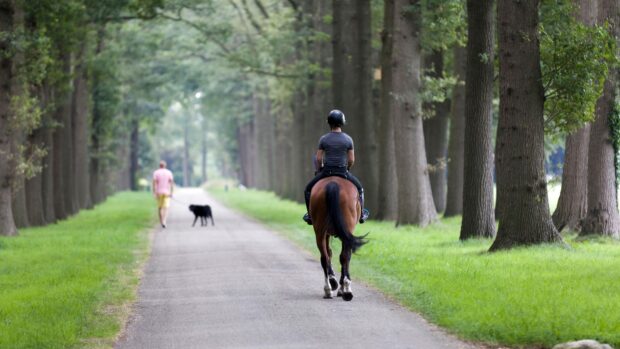The other day, a horse owner asked for advice on Facebook. Nothing unusual about that.
It was an eloquent, articulate post, asking for people’s opinions on how the owner should deal with a situation involving an aggressive horse.
As expected, there were lots of comments. Some helpful, some rather less so. Some determinedly misinformed, even when corrected by those with relevant experience, but still trying to be supportive.
Then, bang. “Actually, [the horse] is doing nothing wrong,” someone wrote. “The problem started when you decided to do…” So there’s your answer, original poster, the situation is all your fault. The Facebook horse expert has spoken.
The horse world is notorious for having a great deal of “experts”. As well as the actual experts, who know that with horses you never stop learning, there have always been those who epitomise the saying “a little knowledge is a dangerous thing”. They think they know it all and refuse to acknowledge any different.
And it is this latter group who are responsible for many of the nasty comments to which Abi Hutton drew attention in her recent Facebook post.
They think one thing, and if someone online is doing something different, they’re wrong, nasty comments, end of story.
Another example of this was a video shared on Facebook of a horse, recently bought by the rider, napping while out on a hack.
“God I hate it when novice riders buy blood horses, feed them full of oats, put on a saddle that doesn’t fit and then complain when they misbehave,” someone commented, or words to that effect. Well, yes. Don’t we all?
But how amazing; how were you able to deduce that’s what’s happened in this case from a 10-second video clip? Answer: you can’t, just like the commenter above was unable to deduce the root cause of a problem she hadn’t seen, in a horse she’d never met.
In another recent post, a devastated rider wrote that she had lost her dog while out hacking. It had got into difficulties while swimming and she’d been unable to save it from drowning.
Again, there were supportive, sympathetic comments. But there were also a number of variations on the theme of “Well, I wouldn’t have left my dog to drown”. “I would have saved him by doing X”. Would you? How do you know? You weren’t there, you didn’t see what happened, you don’t know what you “would have done”.
Continues below…

Trainer’s warning to keyboard warriors over ‘cruel’ comments
She has taken action over comments which are leading riders to be fearful of competing

‘Not on my yard’: anti-bullying campaign to be launched
Organisers want to 'change attitudes' within the equestrian world, and raise awareness of bullying in person and online
And even if you did have that amazing ability, why write that comment? The owner is devastated because she’s lost her beloved dog, why make her feel worse by telling her she could have saved him; what is that going to achieve?
It is along these lines that Abi made her calls for people to stop and think before they type. As she said; we’ve all been crap. Don’t be more crap by being a keyboard warrior and using social media to say what you wouldn’t have the nerve to say to someone’s face, because that is really crap.
For all the latest news analysis, competition reports, interviews, features and much more, don’t miss Horse & Hound magazine, on sale every Thursday.




